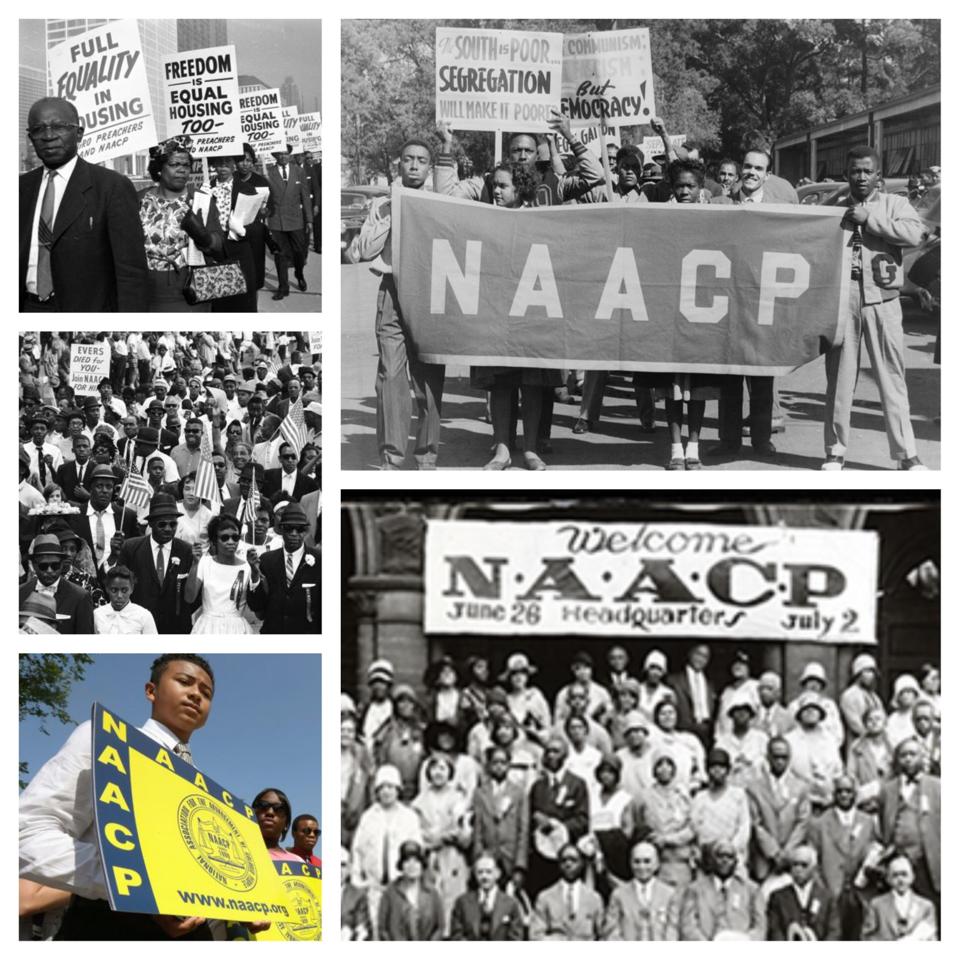NAACP HISTORY

The NAACP was formed partly in response to the continuing horrific practice of lynching and the 1908 race riot in Springfield, the capital of Illinois and the birthplace of President Abraham Lincoln. Appalled at the violence that was committed against Blacks, a group of white liberals that included Mary White Ovington and Oswald Garrison Villard(both descendants of abolitionists), William English Walling, and Dr. Henry Moscowitz issued a call for a meeting to discuss racial justice.
Some 60 people, seven of whom were African-American (including W.E.B. DuBois, Ida B. Wells-Barnett, and Mary Church Terrell), signed the call, which was released on the centennial of Lincoln's birth. Since then, the NAACP has grown into being the nation's oldest, largest, and most widely recognized grassroots-based civil rights organization.
The NAACP has changed America’s history. Since its founding in 1909, NAACP has played a critical part in the nation’s civil rights movement:
Milestones in NAACP History
NAACP pressured President Wilson to publicly condemn lynching (1913)
NAACP successfully campaigns for African Americans to be commissioned as army officers (1918)
During World War II, the NAACP pressured President Roosevelt into ordering a non-discriminatory policy in war-related industries and federal employment
The NAACP pressured President Truman to ban discrimination in the federal government (1948)
The NAACP’s Thurgood Marshall won the Supreme Court case forcing state universities to provide equal facilities for all students (1950)
The NAACP won its landmark Brown v. Board of Education case before the Supreme Court, striking down segregated schools (1954)
NAACP member Rosa Parks sparks the civil rights movement when she is arrested for refusing to give up her seat on a segregated bus in Montgomery, Alabama (1955)
Lunch counters in 26 southern cities are desegregated after a series of non-violent sit-ins by members of NAACP Youth Council members (1960)
The NAACP plays a national role in securing congressional approval for the Civil Rights Act (1964)
The NAACP persuaded more than 80,000 African Americans in Mississippi to register to vote after the Voting Rights Act was enacted (1965)
The NAACP launched a disaster relief fund to feed, clothe, and shelter Hurricane Katrina victims, and ensure equitable distribution of money and resources (2005)
